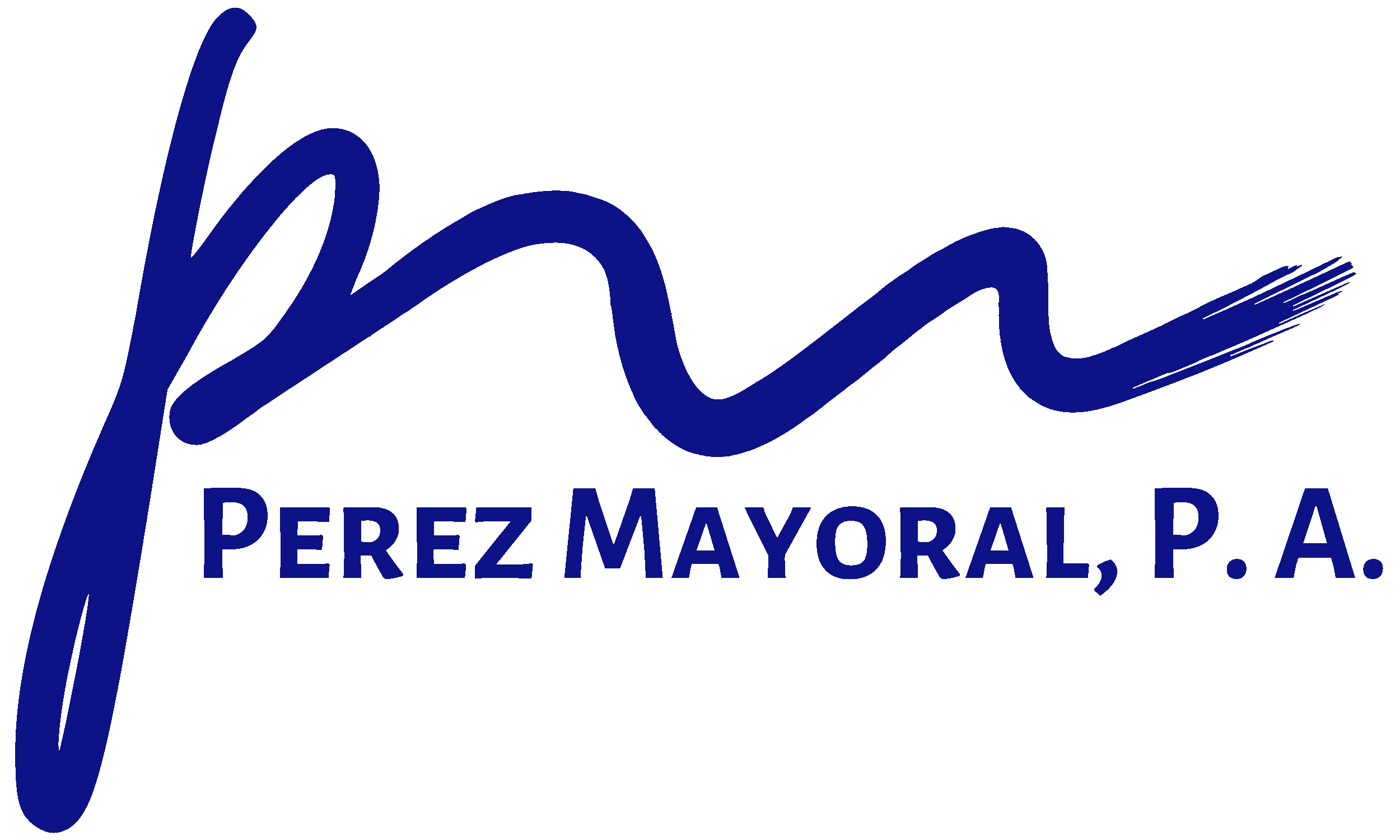The concept of condominiums has a fascinating history that spans continents and centuries. While many believe that condominiums originated in ancient Rome (based on the Latin word “condominium” meaning joint ownership), modern condominium ownership as we understand it today is actually much more recent.
The History Of Condominiums
In the Western Hemisphere, Puerto Rico enacted the first modern condominium legislation in 1958 with its Horizontal Property Act, which was based on earlier Cuban law. This Puerto Rican statute served as a model for the United States Federal Housing Administration (FHA), which then encouraged condominium development nationwide in 1961 when it agreed to insure mortgages secured by condominium units.
Florida’s Condominium History
Florida’s relationship with condominiums began in 1963 when the state legislature passed the Condominium Act (Chapter 718, Florida Statutes), establishing the legal framework for this form of property ownership throughout the state. This legislation gave statutory recognition to the condominium form of ownership and established procedures for the creation, sale, and operation of condominiums.
The timing couldn’t have been better for Florida’s growing population. As a 1970 story in Florida Trend magazine declared: “a new lifestyle is evolving in Florida and with it, a new habitat, the condominium.” Since then, Florida’s coastline has been transformed by condominium developments, with the state now home to more than 1.5 million condominium units—approximately 20% of all condominiums in the nation.
Over the decades, Florida’s condominium laws have evolved substantially in response to various challenges and concerns, with significant amendments in the 1970s adding consumer protections, and more recent changes following the tragic 2021 Surfside condominium collapse bringing increased focus on building safety and financial reserves.
What Is A Condominium Association?
A condominium association is the legal entity responsible for managing and operating a condominium property. As defined in Florida Statutes § 718.103(2), an association is “the entity responsible for the operation of common elements owned in undivided shares by unit owners, any entity which operates or maintains other real property in which unit owners have use rights, where membership in the entity is composed exclusively of unit owners or their elected or appointed representatives.”
Legal Structure Of Condominium Associations
In Florida, condominium associations must be organized as either a Florida corporation for profit or a Florida corporation not for profit. The association is created when the developer records the declaration of condominium in the public records of the county where the property is located.
Each condominium unit owner automatically becomes a member of the association upon purchasing their unit. The association is governed by:
- Board of Directors: Elected by the unit owners to make decisions and set policies
- Officers: Usually including a president, secretary, and treasurer
- Committees: Optional groups formed to address specific issues or tasks
The association operates according to several governing documents:
- Declaration of Condominium: The primary document that legally establishes the condominium and details ownership rights, responsibilities, and property boundaries
- Articles of Incorporation: Establishes the association as a legal entity
- Bylaws: Rules governing the operation of the association
- Rules and Regulations: Specific policies regarding the use of units and common elements
Association Powers And Responsibilities
Under Florida law, condominium associations have significant powers and responsibilities, including:
Property Maintenance and Management
- Maintaining, repairing, and replacing common elements
- Contracting for services such as landscaping, pest control, security, and management
- Ensuring compliance with building codes and safety requirements
- Purchasing insurance for the common elements
Financial Management
- Establishing and collecting assessments from unit owners
- Creating and managing annual budgets
- Maintaining reserve funds for capital expenditures and deferred maintenance
- Financial reporting to unit owners
Governance and Enforcement
- Enforcing the provisions of governing documents
- Implementing and enforcing rules and regulations
- Conducting board and membership meetings
- Maintaining official records and making them available to unit owners
- Mediating disputes between unit owners
What Do You Own in a Condominium?
Understanding condominium ownership is essential for unit owners to know their rights and responsibilities.
Unit Ownership
In a condominium, you own:
- Your Unit: The interior space of your specific unit, as defined in the declaration of condominium. This typically includes the walls, floors, and ceilings that make up the boundaries of your unit, as well as fixtures and improvements within those boundaries.
- Undivided Interest in Common Elements: Along with your unit, you own a percentage share of the common elements. This ownership interest is “undivided,” meaning you don’t own any specific portion of the common elements, but rather a percentage interest in all of them collectively.
The declaration of condominium precisely defines what constitutes your unit and what is considered common elements. These definitions are crucial when determining maintenance responsibilities and can vary from one condominium to another.
Common Elements
Common elements typically include:
- The land on which the condominium sits
- The building structure (foundation, roof, exterior walls)
- Hallways, lobbies, and stairwells
- Elevators
- Swimming pools and recreational facilities
- Parking areas (unless designated as limited common elements)
- Landscaped areas
Limited Common Elements
Some condominiums also have “limited common elements,” which are common elements designated for the exclusive use of one or more (but fewer than all) unit owners. These might include:
- Balconies or patios
- Assigned parking spaces or garages
- Storage areas
- Private entrances
While limited common elements are for the exclusive use of specific unit owners, they are still technically owned collectively by all unit owners and are typically maintained by the association.
The Declaration Of Condominium: The Foundation Document
The declaration of condominium is the most important legal document for a condominium association and its unit owners. It is often referred to as the “constitution” of the condominium.
What The Declaration Contains
Florida Statutes § 718.104(4) requires that the declaration contain or provide for:
- A statement submitting the property to condominium ownership
- The name of the condominium, which must include the word “condominium” or be followed by “a condominium”
- The legal description of the land
- An identification of each unit by letter, name, or number
- A survey of the land and a graphic description of the improvements
- The ownership interests in common elements
- The voting rights of unit owners
- Method for amending the declaration
- Bylaws of the association
- Provisions for management and operation of the association and the condominium property
- Provisions for collecting assessments for common expenses
Property Lines And Maintenance Responsibilities
The declaration precisely defines:
- The boundaries of each unit
- What constitutes common elements
- Who is responsible for maintaining, repairing, and replacing various components of the property
This clarity is essential when disputes arise about who should pay for repairs or improvements. For example, the declaration might specify that unit owners are responsible for maintaining windows and doors, while the association is responsible for the building’s exterior walls and roof.
How And Why Disputes Arise In Condominium Associations
Despite the detailed legal framework governing condominiums, disputes are common in condominium communities. Understanding these potential conflicts can help unit owners protect their rights.
Common Sources Of Disputes
Rules and Enforcement Issues
- Selective or inconsistent enforcement of rules
- Overly restrictive or unreasonable rules
- Disputes over pet policies, noise, parking, or rental restrictions
- Fines and penalties imposed without proper procedures
Financial Matters
- Increases in maintenance fees or special assessments
- Disagreements about reserve funding
- Questions about financial management and transparency
- Disputes over payment of assessments
Maintenance and Repairs
- Delayed or inadequate maintenance of common elements
- Disagreements about who is responsible for specific repairs
- Water leaks and resulting damage
- Pest infestations and control responsibilities
Governance Issues
- Board elections and voting procedures
- Access to association records
- Improper board actions or conflicts of interest
- Failure to follow meeting procedures
Developer Transition Issues
- Construction defects
- Incomplete amenities or common elements
- Inadequate reserves
- Unfavorable contracts entered into by developer-controlled boards
Legal Remedies For Unit Owners
When disputes arise, Florida law provides several avenues for unit owners to address their concerns:
- Internal Dispute Resolution: Many issues can be resolved through communication with the board or management.
- Alternative Dispute Resolution: Before filing a lawsuit for certain disputes, Florida law requires parties to participate in mediation or non-binding arbitration through the Division of Florida Condominiums, Timeshares, and Mobile Homes.
- Legal Action: Under Florida Statutes § 718.303, unit owners can bring actions against the association, board members, or other unit owners for failure to comply with the condominium documents or Florida law.
- Injunctive Relief: In certain cases, unit owners can seek court orders requiring the association to take specific actions or cease certain behaviors.
- Damages: Unit owners may recover monetary damages if they suffer losses due to the association’s negligence or failure to meet its obligations.
How Perez Mayoral, P.A. Can Help
At Perez Mayoral, P.A., we exclusively represent condominium unit owners—never associations—in disputes with their condominium associations. Our attorneys have extensive experience in condominium law and understand the complex legal framework governing these communities.
Our services for condominium unit owners include:
- Document Review and Analysis: We review declarations, bylaws, and rules to determine your rights and the association’s obligations.
- Assessment Disputes: We help unit owners challenge improper or excessive assessments.
- Maintenance and Repair Issues: We represent unit owners in disputes over maintenance responsibilities, particularly when property damage occurs due to the association’s failure to maintain common elements.
- Enforcement Defense: We defend unit owners against improper fines or enforcement actions.
- Access to Records: We assist unit owners in obtaining association records they are legally entitled to review.
- Board Election Challenges: We represent unit owners in disputes over board elections and voting procedures.
- Construction Defect Claims: We help unit owners address construction defects in new condominiums or renovation projects.
- Pest Control Disputes: We represent unit owners when associations fail to adequately address pest infestations, particularly when those issues affect multiple units or originate in common areas.
- Comprehensive Litigation Services: We handle disputes through every stage of the legal process—from mediation and arbitration to litigation in county, circuit, state, and federal courts. Our attorneys are experienced in managing cases through appeals and specialize in resolving conflicts between homeowners and their associations.
Our Approach
Condominium litigation is complex and involves specialized knowledge of both statutory requirements and case law. Our attorneys provide strategic guidance to help you understand your options and the potential outcomes of different approaches.
We recognize that legal action is not always the best first step. Sometimes, a carefully drafted letter or participation in mediation can resolve disputes efficiently and cost-effectively. However, when litigation is necessary, we vigorously advocate for our clients’ rights and interests.
Contact Us Today
If you’re experiencing issues with your condominium association, don’t face these complex challenges alone. Contact Perez Mayoral, P.A. at (305) 928-1077 or email us at [email protected] for a consultation to discuss your situation. Our experienced attorneys can help you understand your rights and develop a tailored strategy to address your condominium dispute.
This article contains general legal information and should not be construed as legal advice for any specific situation. If you are facing a legal issue with your condominium association, please consult with our Fort Lauderdale, FL condo attorney who can provide guidance tailored to your specific circumstances.


